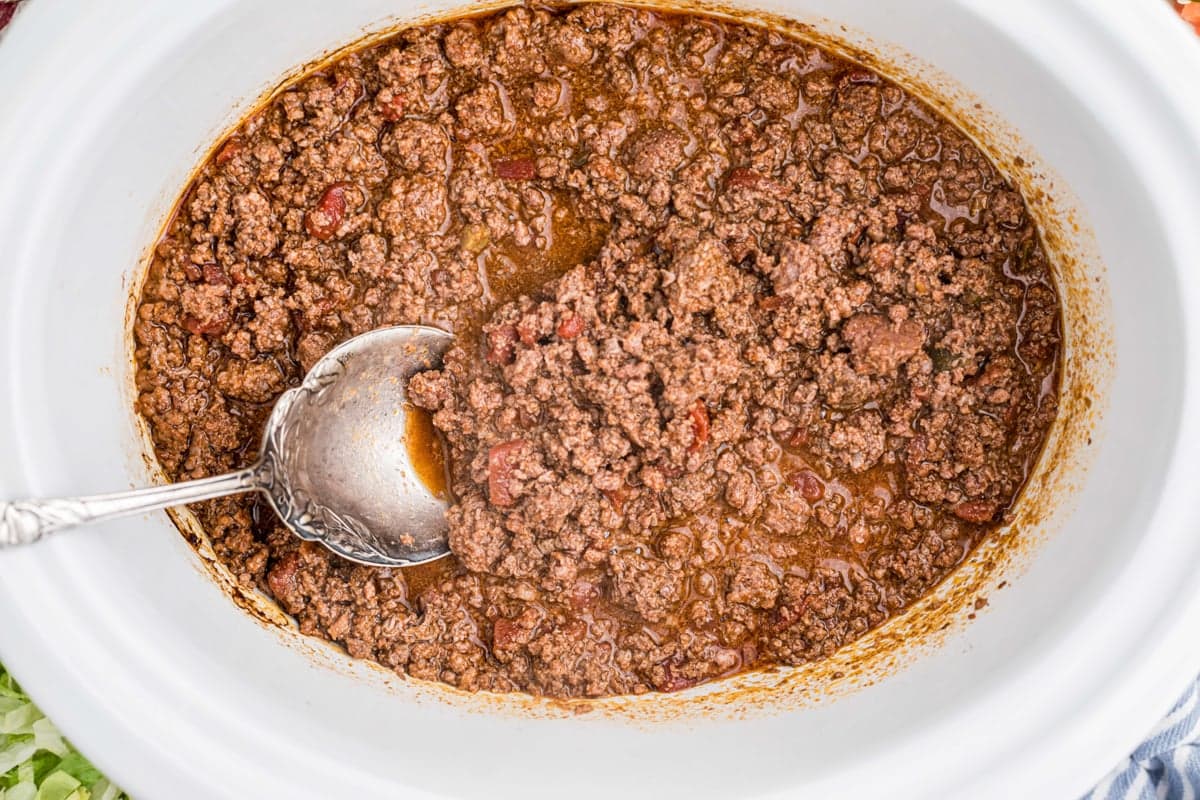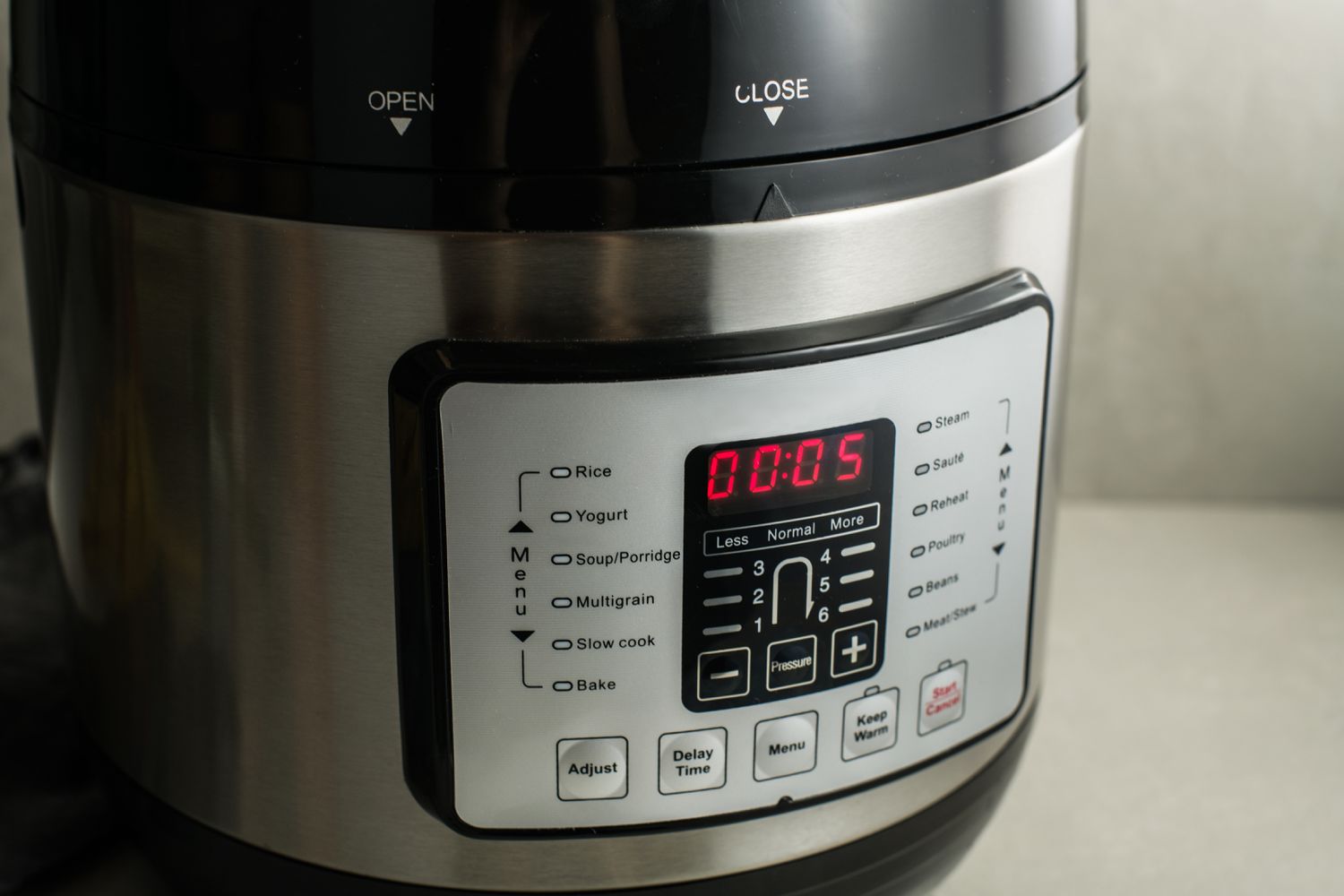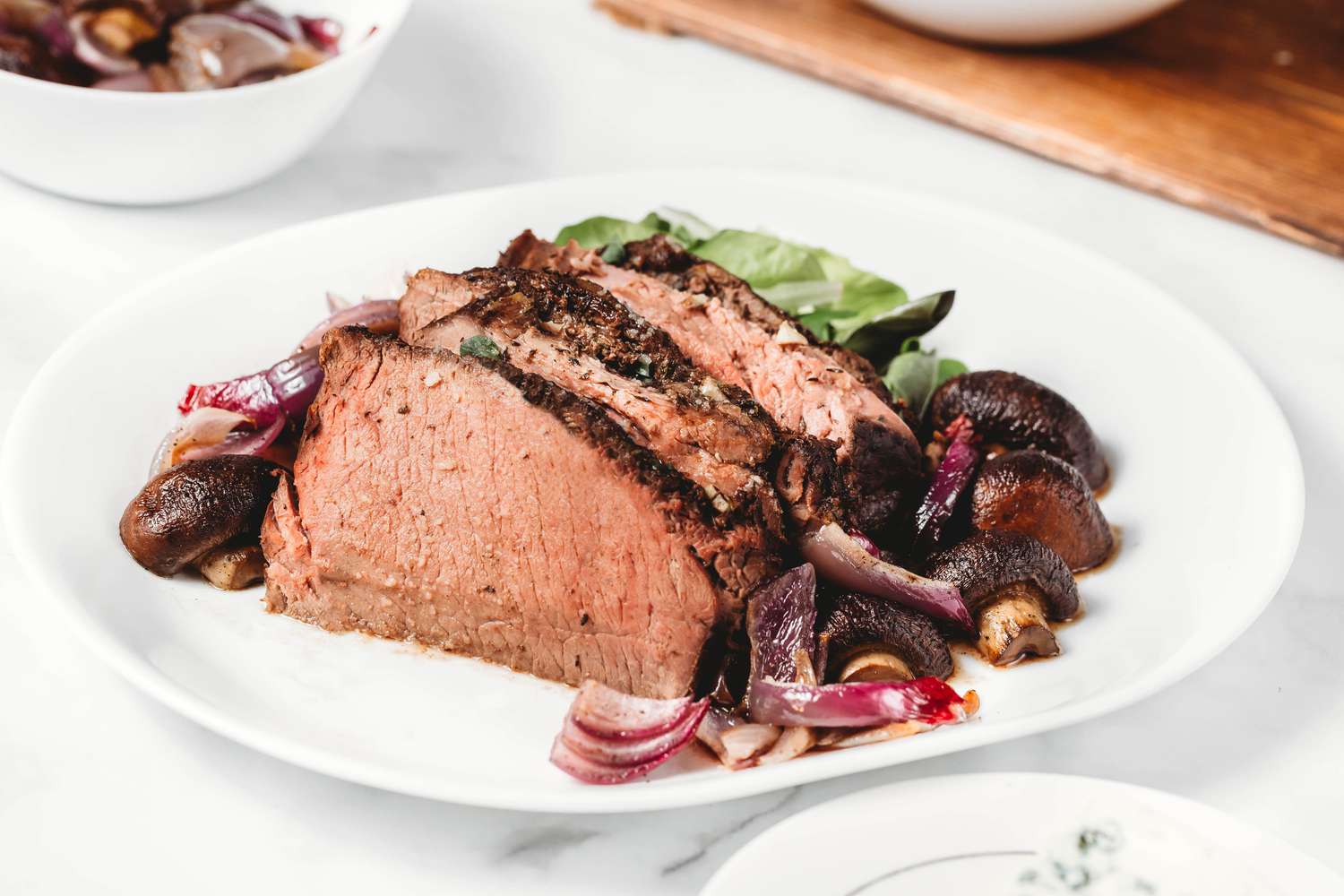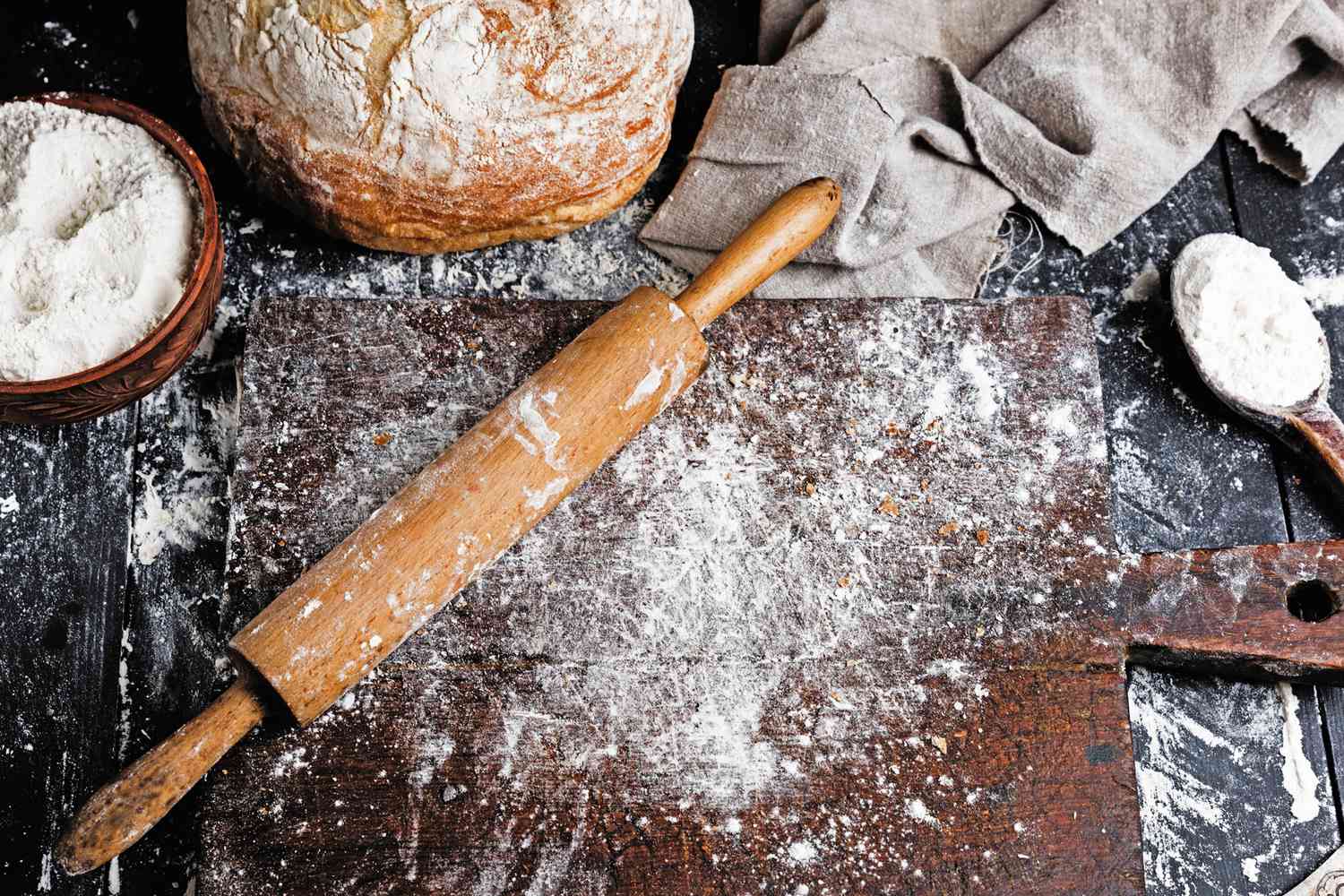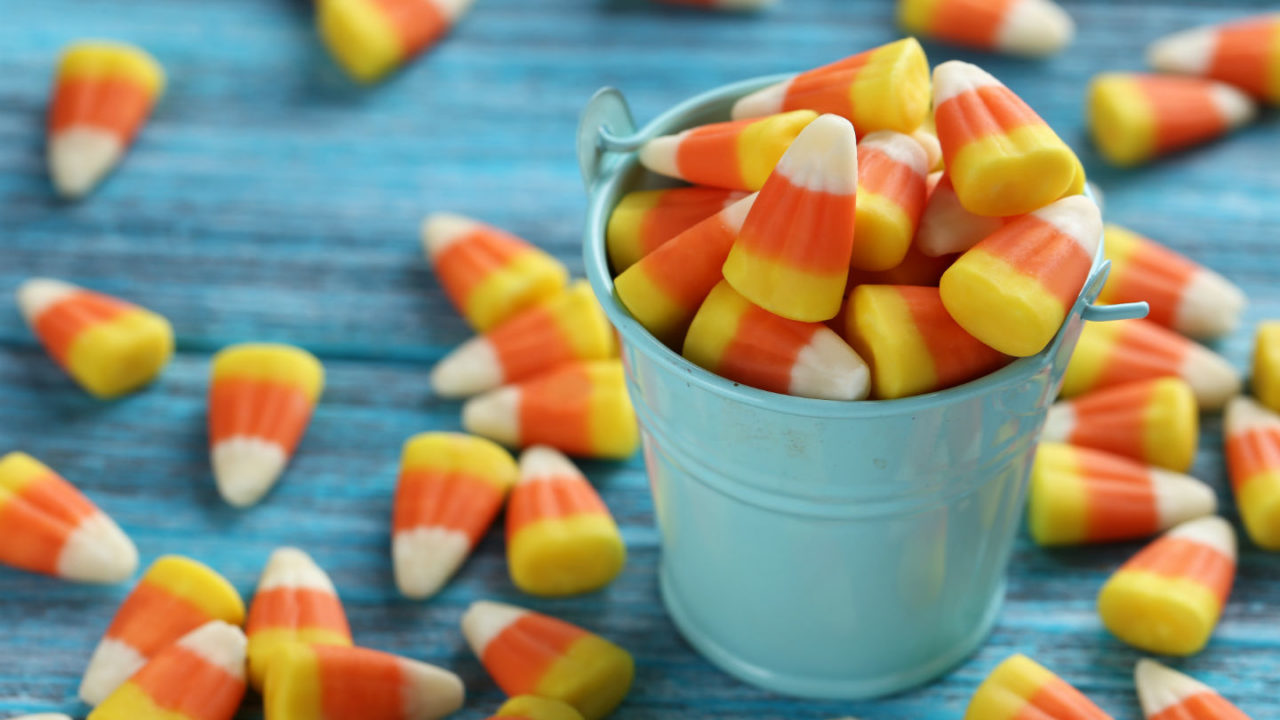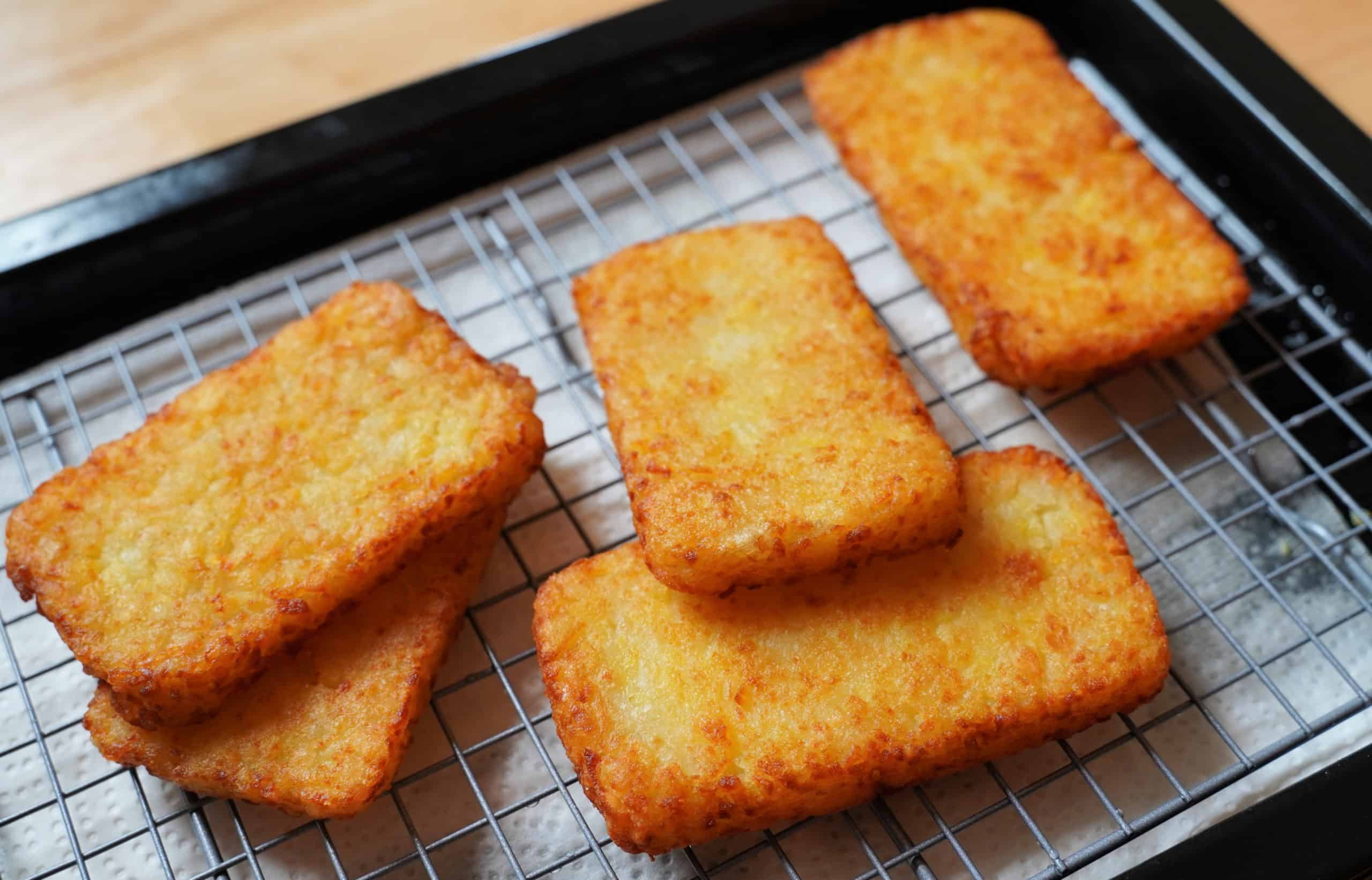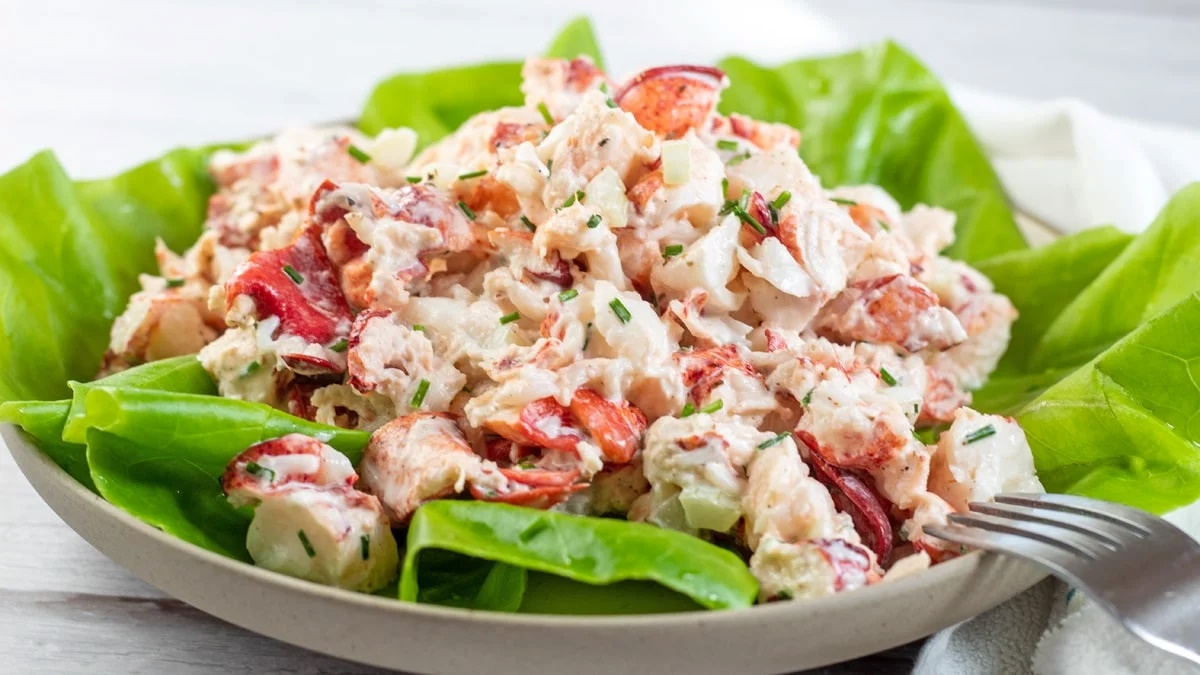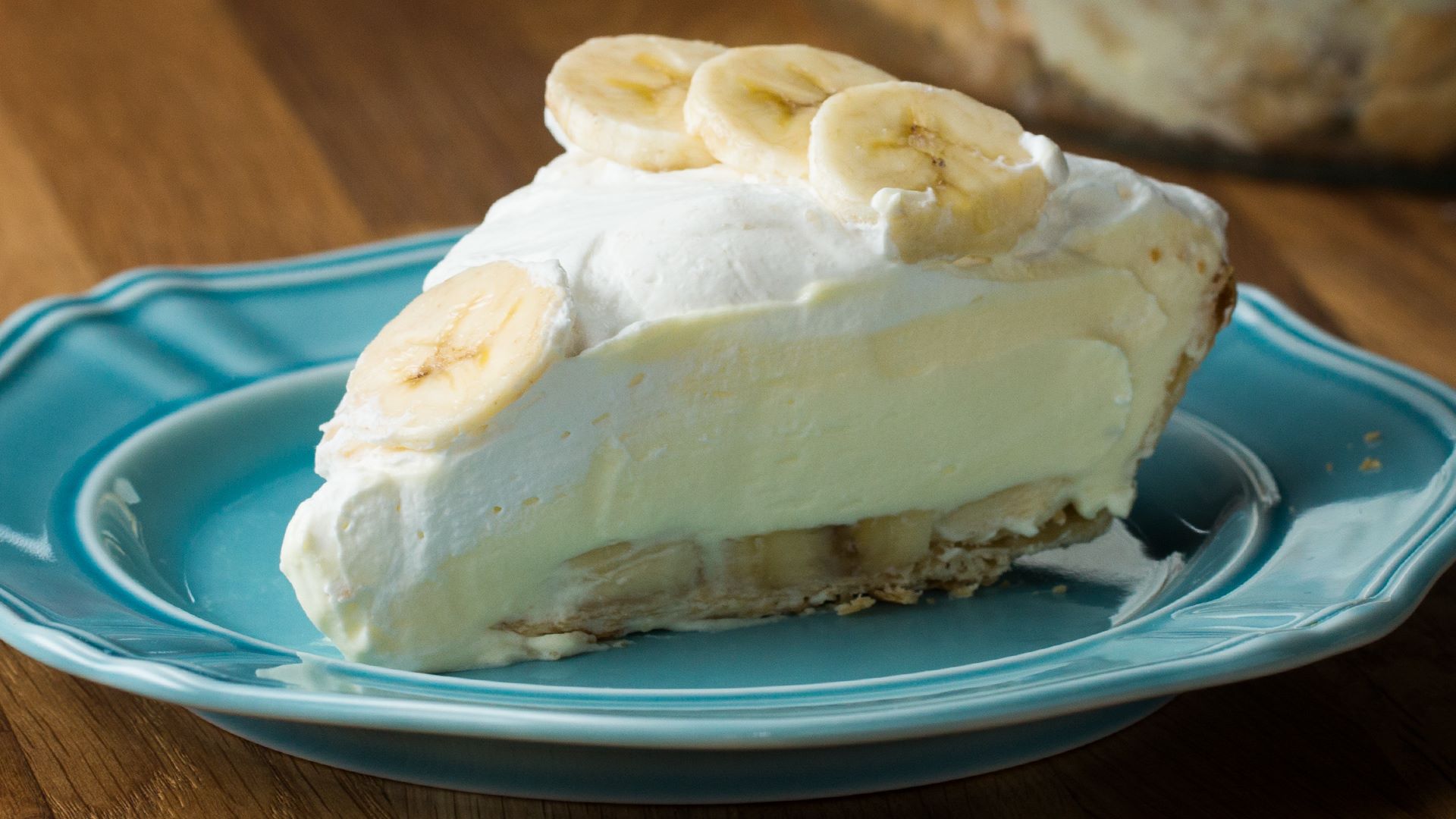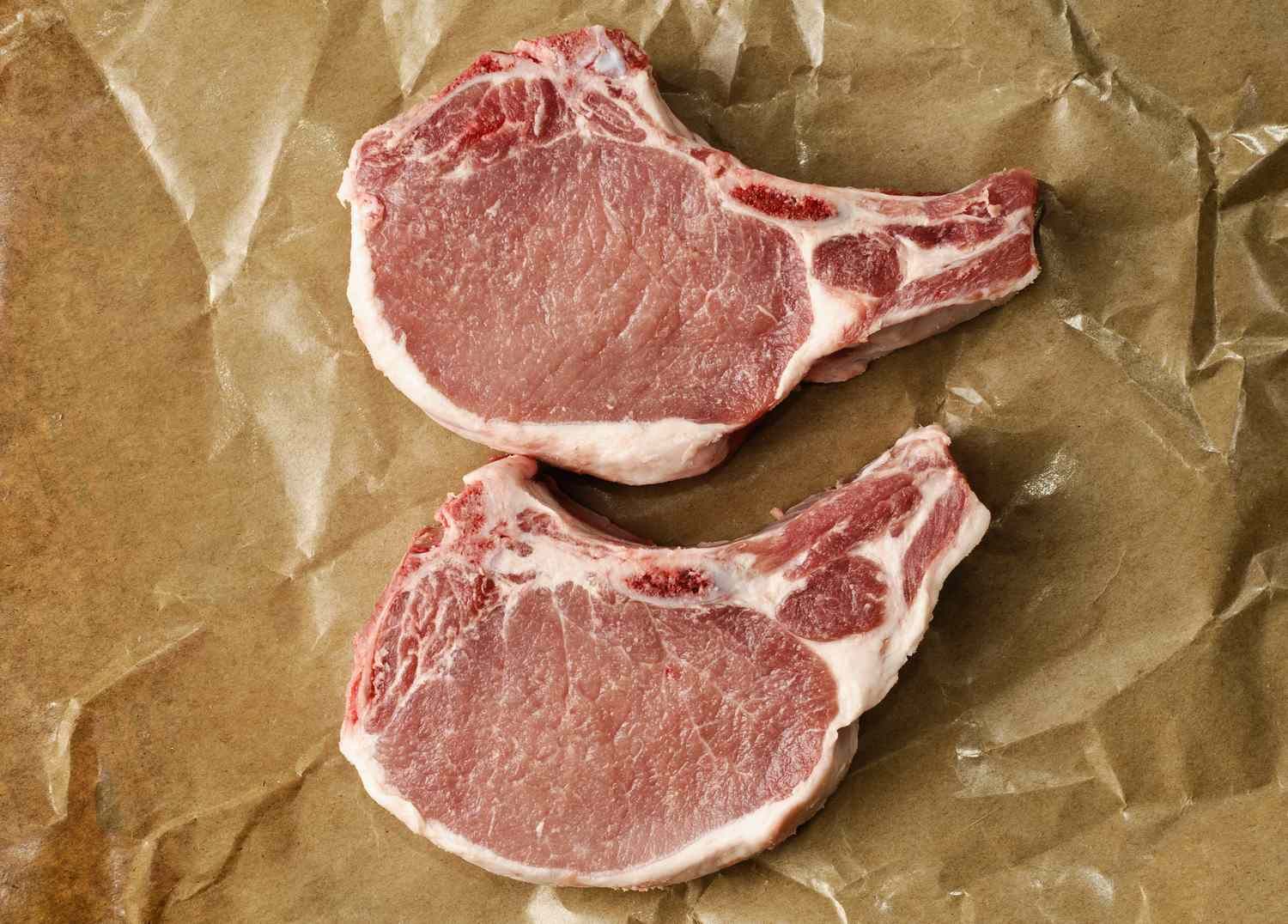The Best Baking Soda Substitutes
Whether you’ve run out of baking soda or simply want to explore different options, having a reliable substitute on hand can save the day. Baking soda is widely used in baking recipes as a leavening agent, helping dough rise and creating a light and fluffy texture. Luckily, there are several alternatives that can produce similar results. Here are the top baking soda substitutes to consider:
1. Baking Powder
One of the most popular substitutes for baking soda is baking powder. While baking soda is a single ingredient, baking powder is a combination of baking soda, cream of tartar, and a moisture-absorbing agent, usually cornstarch. The cream of tartar provides the necessary acidity to activate the baking soda, making it an effective substitute.
When substituting baking powder for baking soda, use three times the amount of baking powder as baking soda called for in the recipe. For example, if the recipe requires 1 teaspoon of baking soda, use 3 teaspoons of baking powder instead. Remember to adjust the other ingredients accordingly to maintain the recipe’s balance.
2. Club Soda
If you’re looking for a quick alternative, club soda can come to the rescue. With its carbonation and natural acidity, club soda can mimic the leavening effects of baking soda. When replacing baking soda with club soda, use an equal amount as the recipe calls for.
Note that club soda may add a slightly different flavor to your baked goods, so it’s best suited for recipes where the taste won’t be affected significantly. It’s a great option for pancakes, waffles, and other breakfast treats.
3. Yeast
In recipes that require baking soda for leavening, yeast can be an excellent substitute. Yeast is a living organism that ferments and releases carbon dioxide, causing the dough to rise. This substitute is ideal for bread and other yeast-based recipes.
When using yeast as a substitute, follow a traditional yeast recipe and allow enough time for the dough to rise before baking. Keep in mind that this method may require additional rising time compared to recipes using baking soda.
4. Ammonium Carbonate
Ammonium carbonate, also known as baker’s ammonia, is commonly used in traditional European recipes. It produces a unique crispness and often gives cookies and pastries a distinctive flavor. While not as readily available as other substitutes, it can be found in specialty stores or purchased online.
Be cautious when using ammonium carbonate as it releases ammonia gas during baking. Therefore, use it in well-ventilated areas or reduce the amount to avoid an overpowering smell.
5. Self-Rising Flour
If you have self-rising flour on hand, you’re in luck. Self-rising flour is a combination of all-purpose flour, baking powder, and salt, eliminating the need for separate leavening agents like baking soda. It is commonly used in recipes where a light and fluffy texture is desired.
To use self-rising flour as a substitute, omit the baking soda and baking powder called for in the recipe and replace it with an equal amount of self-rising flour. Remember to adjust the salt content accordingly if the recipe calls for additional salt.
Conclusion
Running out of baking soda doesn’t have to put a stop to your baking adventures. With these top baking soda substitutes in mind, you can confidently adapt and create delicious treats. From baking powder to club soda, yeast to ammonium carbonate, or even self-rising flour, you can find the perfect substitute to achieve the desired texture and taste in your favorite recipes.
Experiment with these alternatives, keeping in mind the suggested measurements, to master the art of baking without baking soda. Happy baking!
Was this page helpful?
Read Next: Baking Pan Conversion Chart
